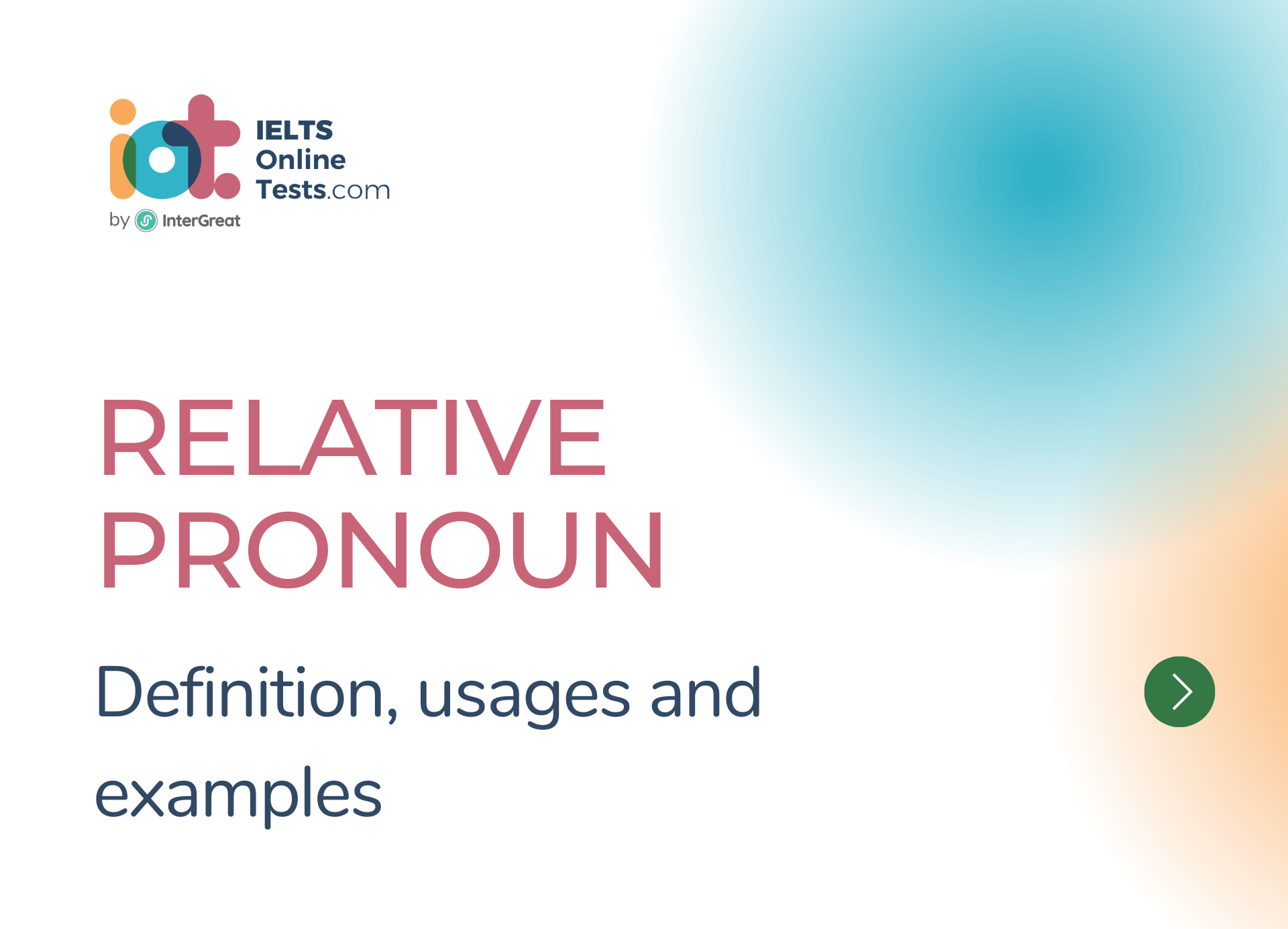
Relative pronoun definition and common examples
Relative pronouns are used to introduce relative clauses, which provide additional information about a noun or noun phrase in a sentence. They connect the relative clause to the main clause and help establish the relationship between the two.
Here are the common relative pronouns in English:
Who: Used to refer to people.
- "The woman who lives next door is a doctor."
- "The students who studied hard got excellent grades."
- "I have a friend who loves to travel."
Whom: Also used to refer to people, specifically as the object of a verb or preposition.
- "The woman whom I met yesterday is a famous actress."
- "The teacher to whom I gave the gift was very grateful."
- "He has a neighbor whom he often helps with gardening."
Whose: Indicates possession and is used to refer to people or things.
- "The boy whose bicycle was stolen reported it to the police."
- "The house whose roof is red belongs to my friend."
- "I read a book whose author is highly acclaimed."
Which: Used to refer to things or animals.
- "The car which is parked in front of the house is mine."
- "The movie which we watched last night was very entertaining."
- "I have a dog which loves to play fetch."
That: Can refer to both people and things, and is commonly used in both restrictive (essential) and non-restrictive (non-essential) clauses.
- Restrictive clause example: "The book that I borrowed from the library is very informative."
- Non-restrictive clause example: "John, who is my neighbor, invited me to his party."
Relative pronouns introduce additional information and help provide context or describe the noun or noun phrase being referred to. They act as a bridge between the main clause and the relative clause, which gives more detail about the subject.
The choice of relative pronoun depends on the noun being referred to and the role it plays in the sentence. Relative pronouns help to make sentences more descriptive and provide additional information that adds clarity and depth to the meaning.




